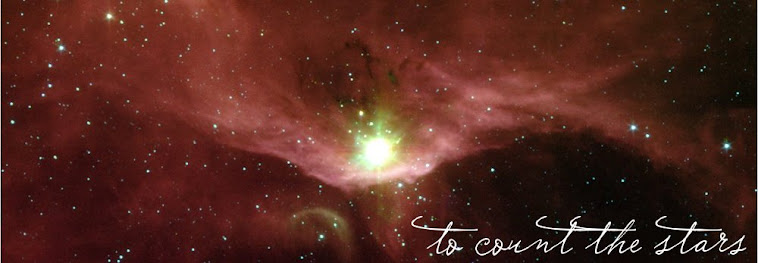, but the server's down and sometimes it's good to step off the hamster wheel. I think. Maybe. It's okay to step off the hamster wheel, right? Are we allowed to admit that there is a hamster wheel?
I'm not complaining, mind you. I love my work. Really, laugh-out-loud, love theoretical physics and seeing how ridiculously, beautifully abstract mathematics can describe the real world and how things actually happen. I love C++ debugging somewhat less, but I can accept that it's part of the package. Which isn't to say it's not a bit of a hamster wheel.
On Saturday at a workshop on science communication I told an auditoriumful of people that I was infatuated with Grassman algebras. That isn't a hamster wheel. It's something to remember and savour. It's a reason to get on the hamster wheel when the wheel needs to be turned, even if I don't seem to be going anywhere.
Grassman algebras are very neat. See, ordinary numbers commute. That means you get equations like
ab - ba = 0
which is to say
ab = ba.
Five times three is the same as three times five, and for most of the things we want to use maths for, that's awfully convenient. If I switch the length and breadth of a room, I don't want the area to change! But sometimes switching things around does change things. Putting on my shoes and then my socks is not the same as putting on my socks and then my shoes.
It turns out that in particle physics there's a family of particles -- called fermions -- that behave like this. If fermion the first and fermion the second are identical (for instance, they might both be electrons), it still matters which order I put them in. No, that's not intuitive, but it does seem to be the way nature works. If I switch fermion one and fermion two, so that instead I'm looking at fermion two and fermion one, the mathematics I'm using needs to have a minus sign attached. And that's where Grassman numbers (the things you use in Grassman algebras) come in. Grassman numbers don't commute, they anticommute:
ab + ba = 0
which is to say
ab = -ba.
In fact, Grassman numbers behave just the way fermions seem to. That means that while I might describe the length and breadth of a room using ordinary ("real") numbers, it's more convenient to describe fermions using Grassman numbers. I have to modify the rules of maths slightly to make sure that they anticommute, but otherwise I can carry on just as before. The kind of number I'm using does most of the work and I don't have to keep accounting for the odd behaviour of fermions. The fact that they do strange things when you swap them around is built in.
I think that's pretty. Just about pretty enough that I might muster the willpower to go and ask C++ why it insists that the solution to my equation is infinity. (The solution is not infinity. Unless I've given it the wrong equation. Or the wrong method for solving the equation. Or I accidentally typed +∞ before printing the answer. Maybe I'll go check that last one.)
-----
Savo 'lass a lalaith.



